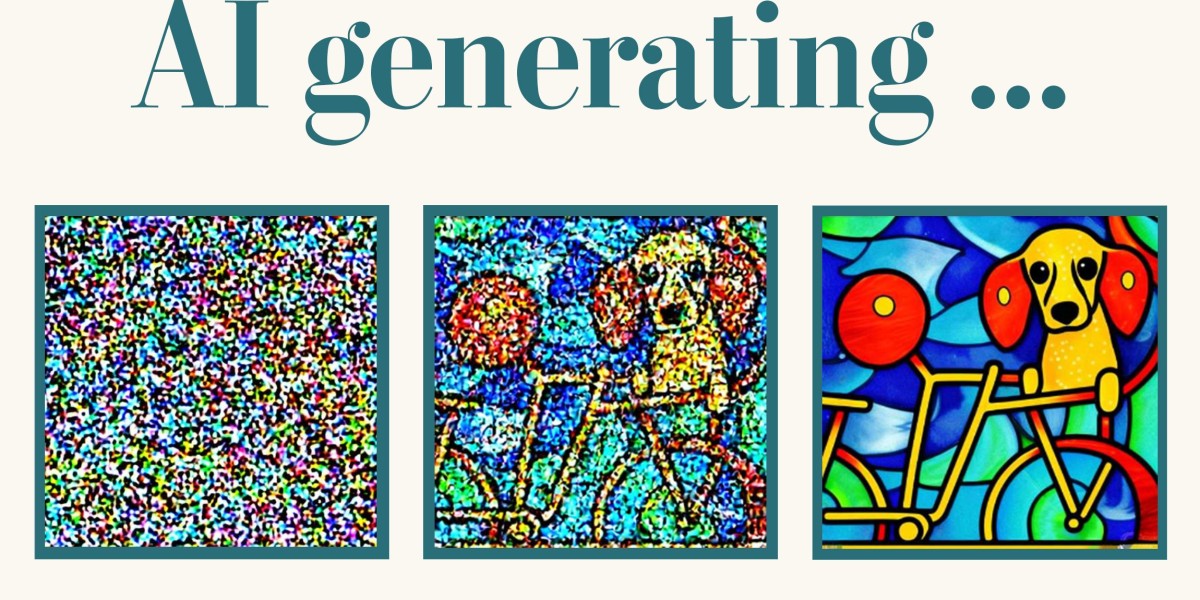With OpenAI unveiling an AI that instantly generates stunning videos, how do you foresee this impacting entertainment, marketing, and visual storytelling? What changes might we expect in how we consume and create video content moving forward?
OpenAI Divulges A.I. That In a flash Produces Eye-Popping Recordings.
The beginning up is sharing the new innovation, called Sora, with a little gathering of early analyzers as it attempts to figure out the likely risks.
In April, a New York fire up called Runway simulated intelligence revealed innovation that let individuals create recordings, similar to a cow at a birthday celebration or a canine talking on a cell phone, just by composing a sentence into a case on a PC screen.
The four-second recordings were hazy, uneven, misshaped and upsetting. In any case, they were an obvious indicator that man-made brainpower advances would produce progressively persuading recordings in the long stretches of time to come.
Only 10 months after the fact, the San Francisco fire up OpenAI has revealed a comparable framework that makes recordings that look as though they were lifted from a Hollywood film. An exhibit included brief recordings — made in minutes — of wooly mammoths running through a blanketed knoll, a beast looking at a dissolving candle and a Tokyo road scene apparently shot by a camera diving across the city.
OpenAI, the organization behind the ChatGPT chatbot and the still-picture generator DALL-E, is among the many organizations hustling to further develop this sort of moment video generator, including new companies like Runway and tech goliaths like Google and Meta, the proprietor of Facebook and Instagram. The innovation could speed crafted by prepared moviemakers, while supplanting less experienced computerized specialists completely.
It could likewise turn into a speedy and cheap approach to making on the web disinformation, making it considerably harder to determine what's truly on the web.
"I'm totally scared that something like this will influence a barely challenged political race," said Oren Etzioni, a teacher at the College of Washington who has practical experience in man-made reasoning. He is likewise the organizer behind Evident Media, a not-for-profit attempting to distinguish disinformation online in political missions.
OpenAI calls its new framework Sora, after the Japanese word for sky. The group behind the innovation, including the specialists Tim Streams and Bill Peebles, picked the name since it "brings out the possibility of boundless inventive potential."
In a meeting, they additionally said the organization was not yet delivering Sora to the public since understanding the framework's dangers was all the while working. All things considered, OpenAI is imparting the innovation to a little gathering of scholastics and other external scientists who will "red group" it, a term for searching for ways it very well may be abused.




Marcelo Orlando 33 w
Bom dia eu gosto de tudo que esta relacionado com IA e so tem a crescer mais e mais.